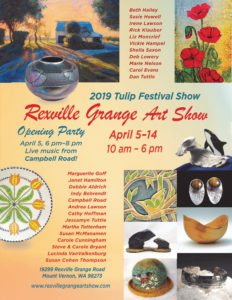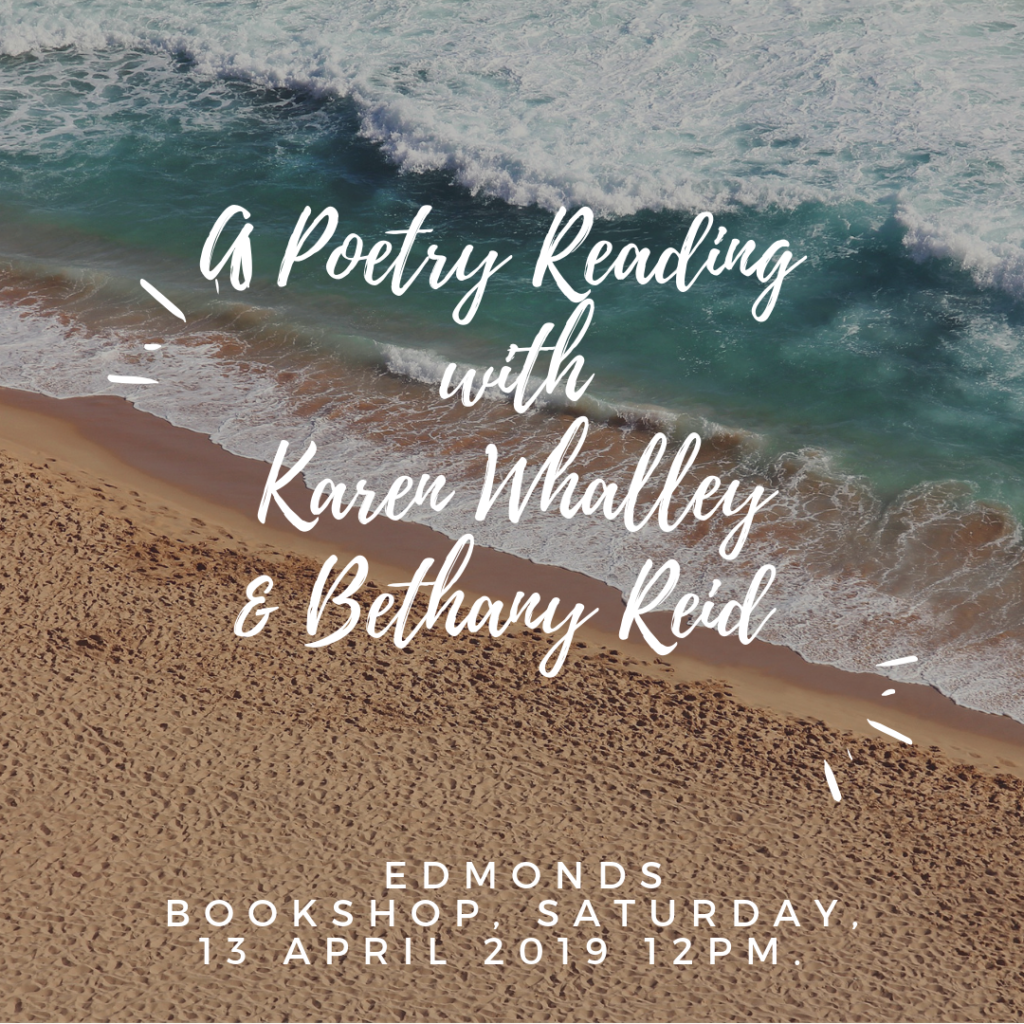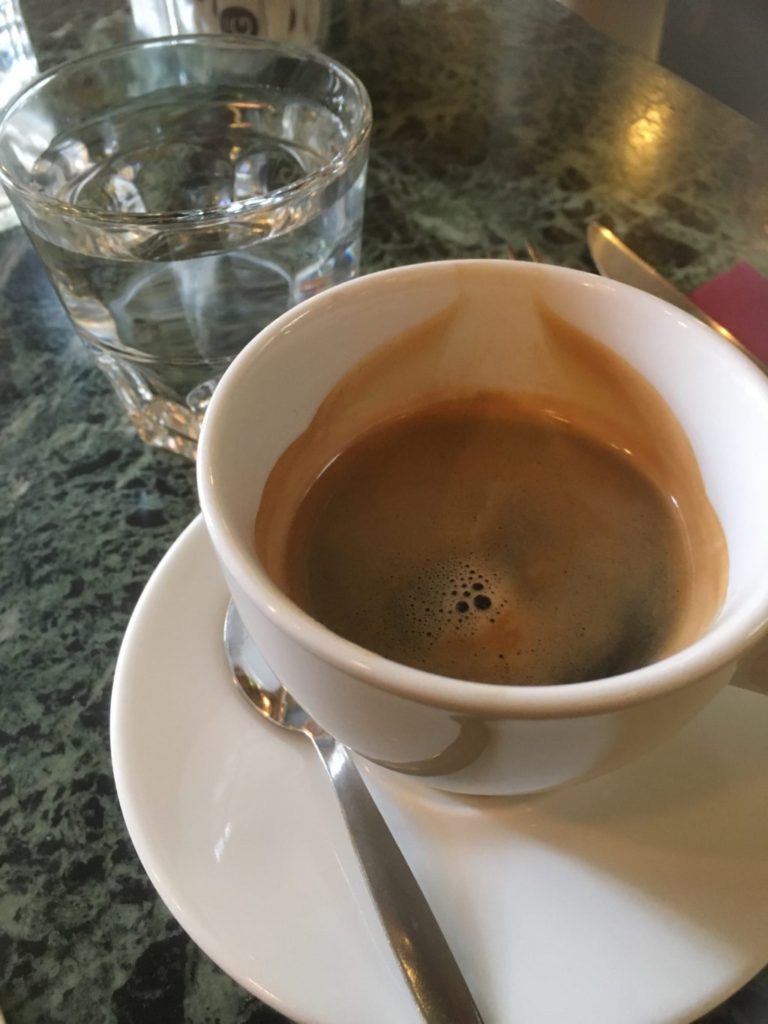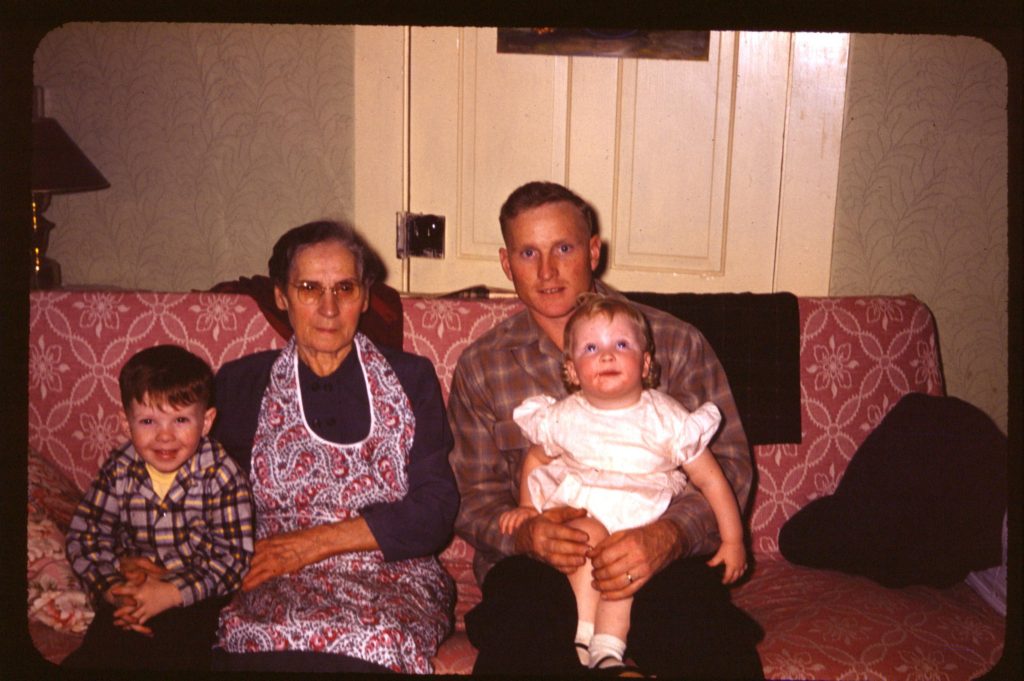 I had two big deadlines over the last week — and I slid in under the wire on each of them. I had a personal goal to submit my mystery novel to PNWA, deadline March 29, and who knows how good my entry was but I put everything into it, I took a deep breath, and I hit “send.”
I had two big deadlines over the last week — and I slid in under the wire on each of them. I had a personal goal to submit my mystery novel to PNWA, deadline March 29, and who knows how good my entry was but I put everything into it, I took a deep breath, and I hit “send.”
On Monday, April 1, my work was due for the Creative Nonfiction class I (foolishly) enrolled in back in December. (Was it foolish? Didn’t it help me keep writing in spite of all obstacles?) The assignments challenged me, and they included updating my CV and creating a “list of works” that forced me to take a look at what I’ve accomplished over my writing career and reassess my submissions process. I won’t even try to update you on everything else I’ve had going on.
It took everything I had to get these two items off my desk. I felt proud of myself. And I’m exhausted. Late on Monday I bought flowers for my containers on my back deck and I spent Tuesday afternoon digging in the dirt.
Usually I have an April — National Poetry Month — blog project, but not this year. What I DO have are two readings:
The first is Monday, 8 April, 1:30 p.m., at the Rexville Grange Art Show. I’ll be reading with other members of the Writing Lab and in addition to seeing local artists and art — and tulips — we would love to see you there. Refreshments provided.
The second reading is Saturday, 13 April, noon, at Edmonds Bookshop, where I’ll be reading with Port Angeles poet, Karen Whalley. The author of The Rented Violin (Ausable Press, 2003) and My Own Name Seems Strange to Me (Off the Grid, 2019), Karen is not only my dear friend, but an extraordinary poet, and I can’t wait to hear her read from her new book.

 On Friday, August 16, at 7 p.m.,
On Friday, August 16, at 7 p.m.,



 I have been sadly neglecting my blog, but working on other projects — one of which is a picture book for the family about my parents’ lives. Another of which has been reading poetry each morning (and writing
I have been sadly neglecting my blog, but working on other projects — one of which is a picture book for the family about my parents’ lives. Another of which has been reading poetry each morning (and writing 
 I had two big deadlines over the last week — and I slid in under the wire on each of them. I had a personal goal to submit my mystery novel to PNWA, deadline March 29, and who knows how good my entry was but I put everything into it, I took a deep breath, and I hit “send.”
I had two big deadlines over the last week — and I slid in under the wire on each of them. I had a personal goal to submit my mystery novel to PNWA, deadline March 29, and who knows how good my entry was but I put everything into it, I took a deep breath, and I hit “send.”